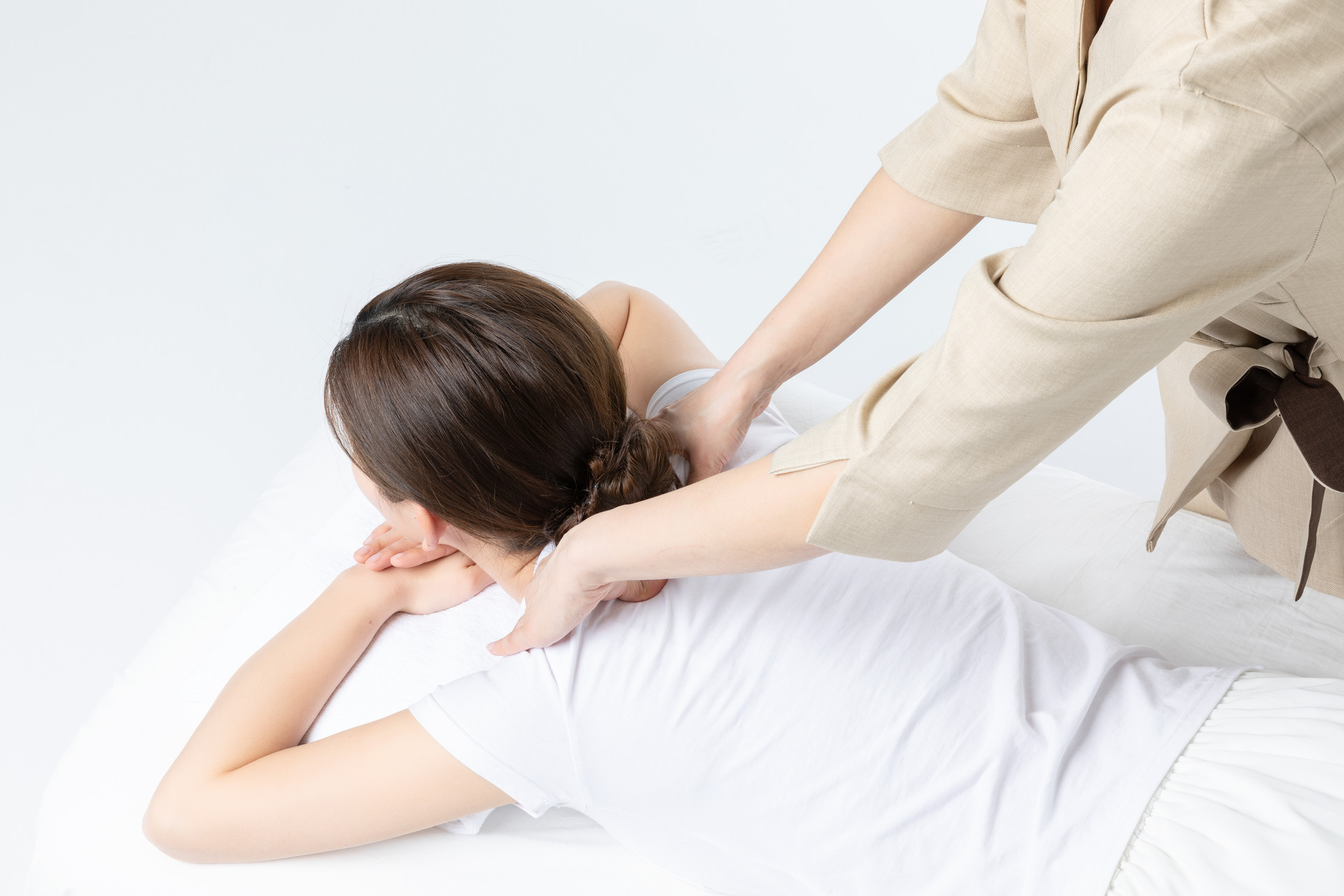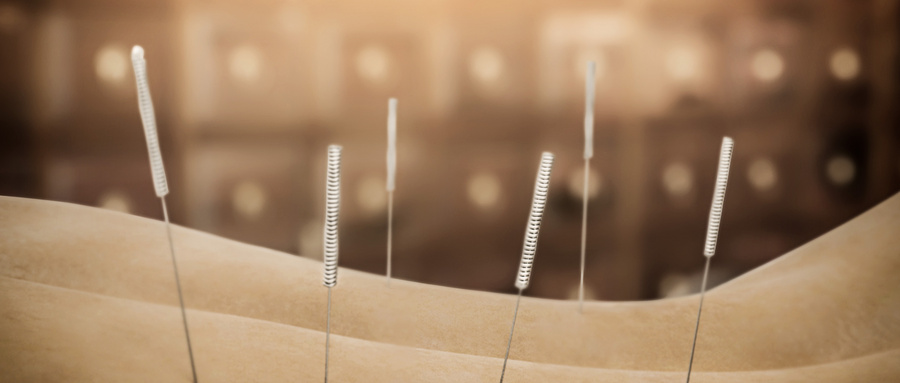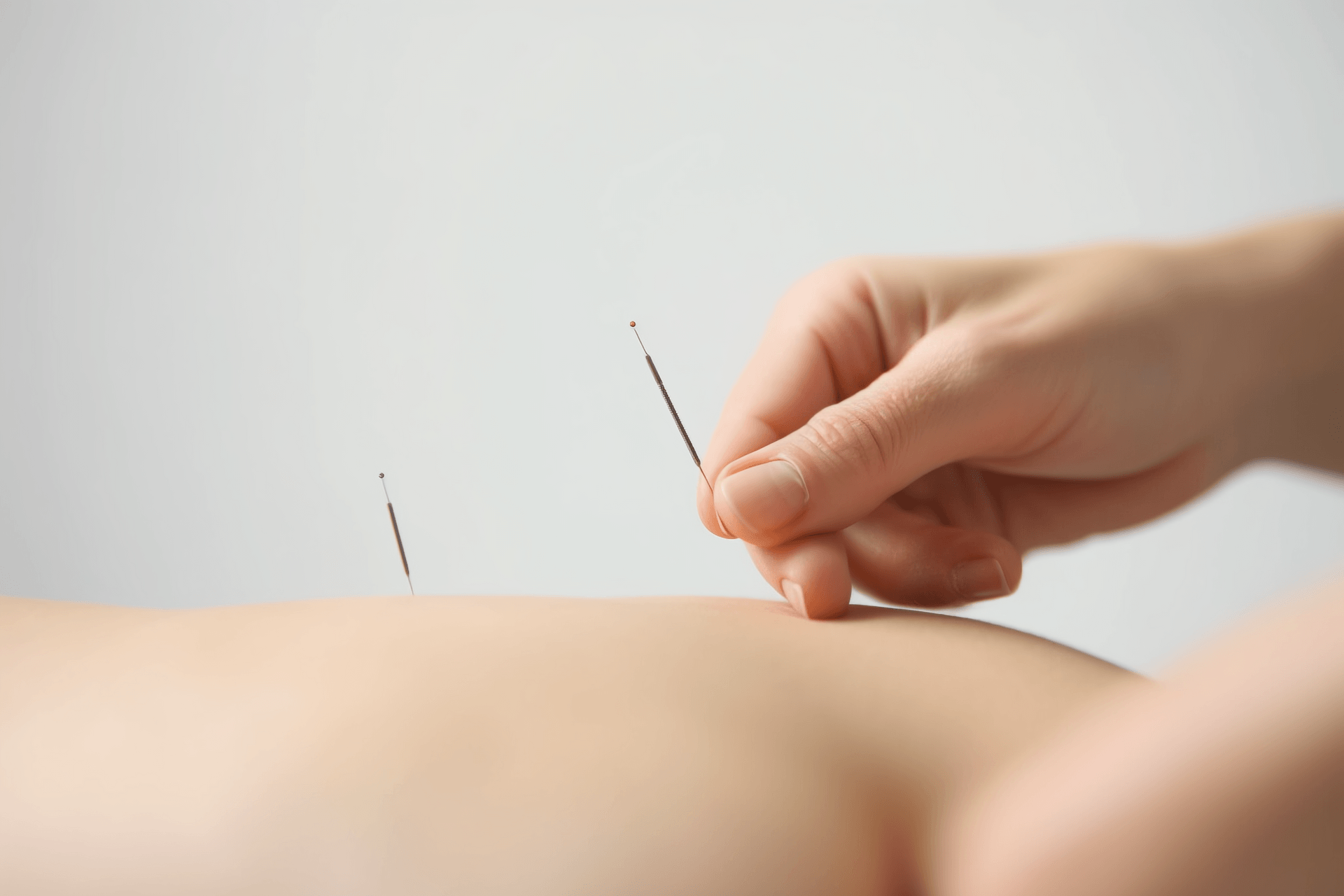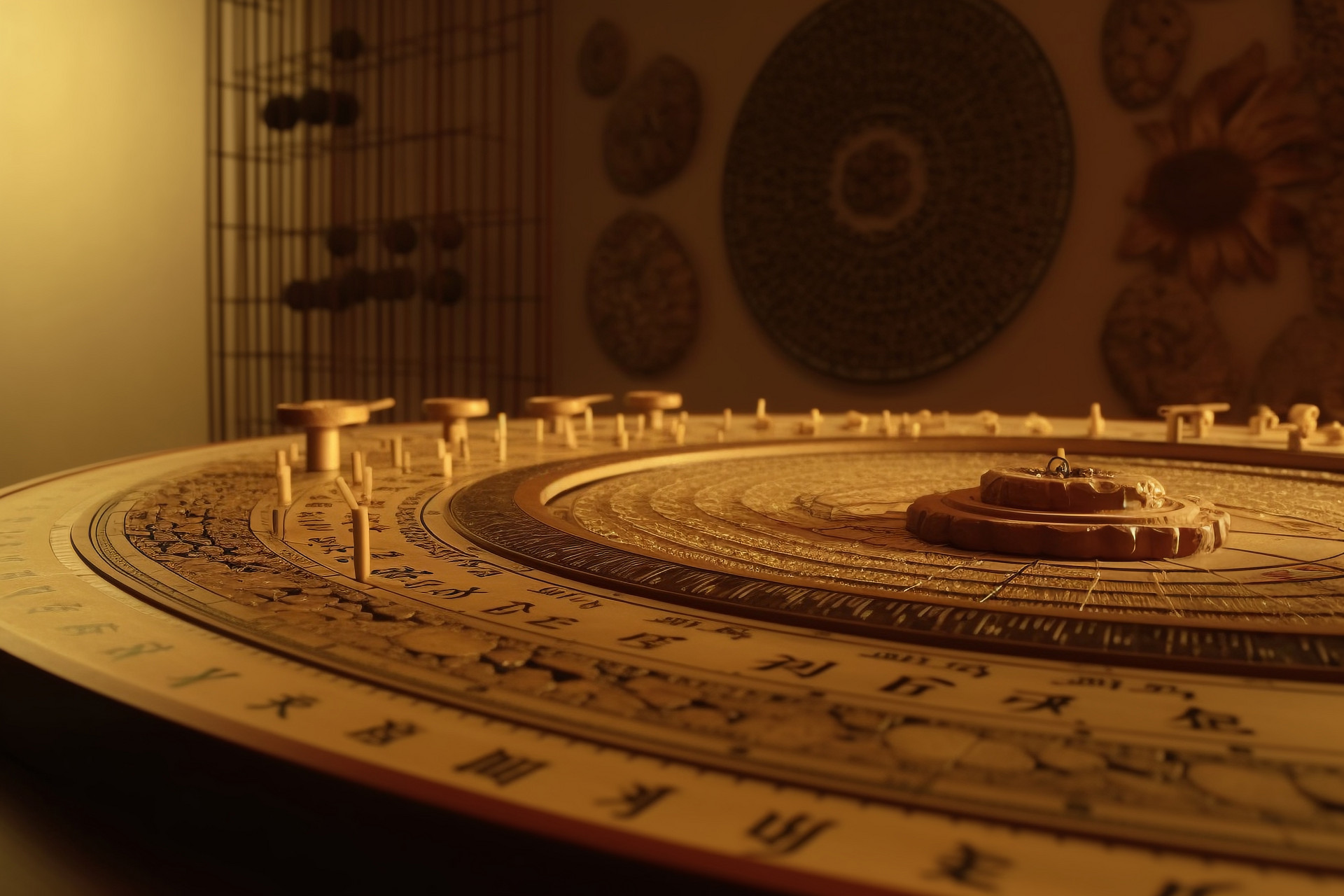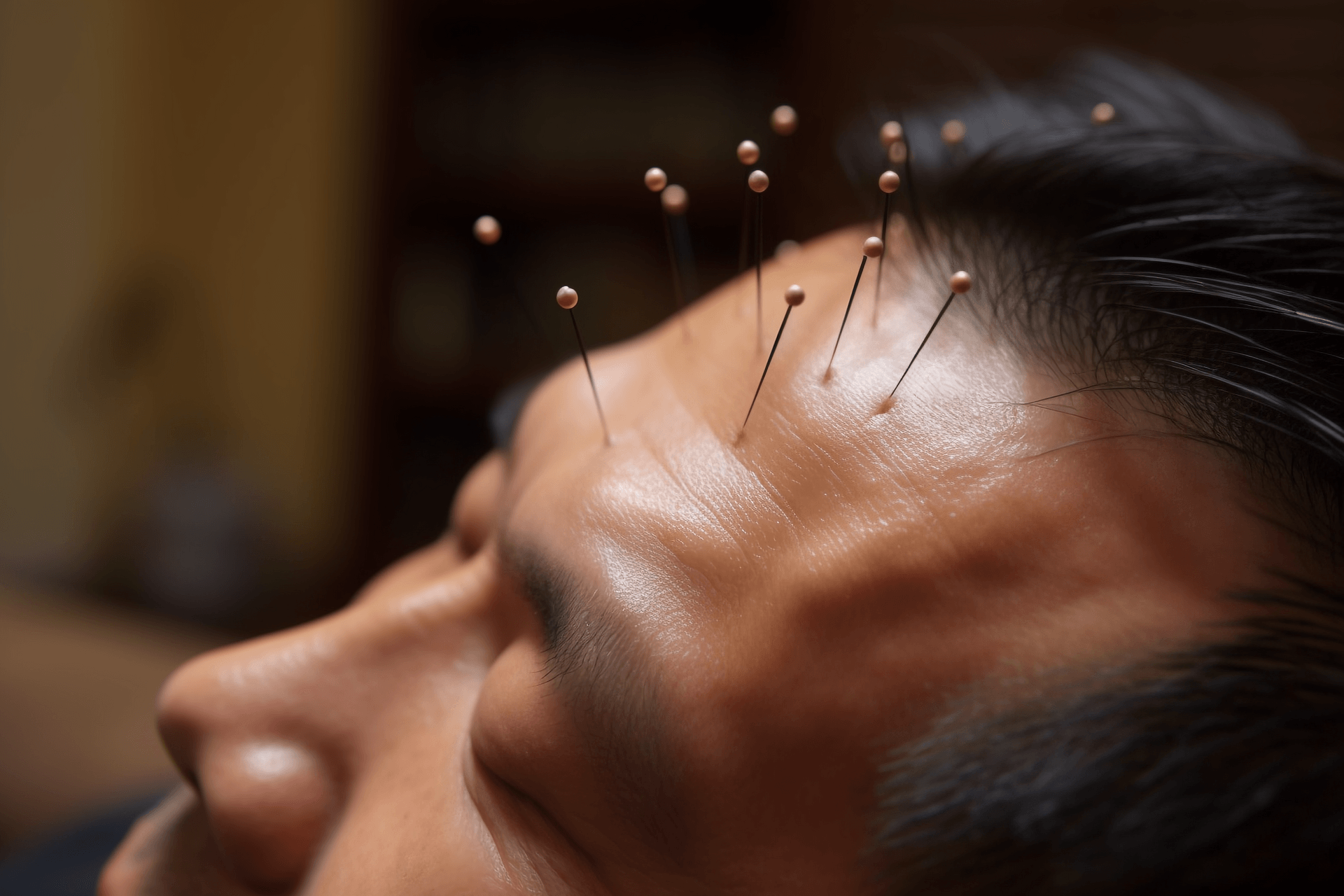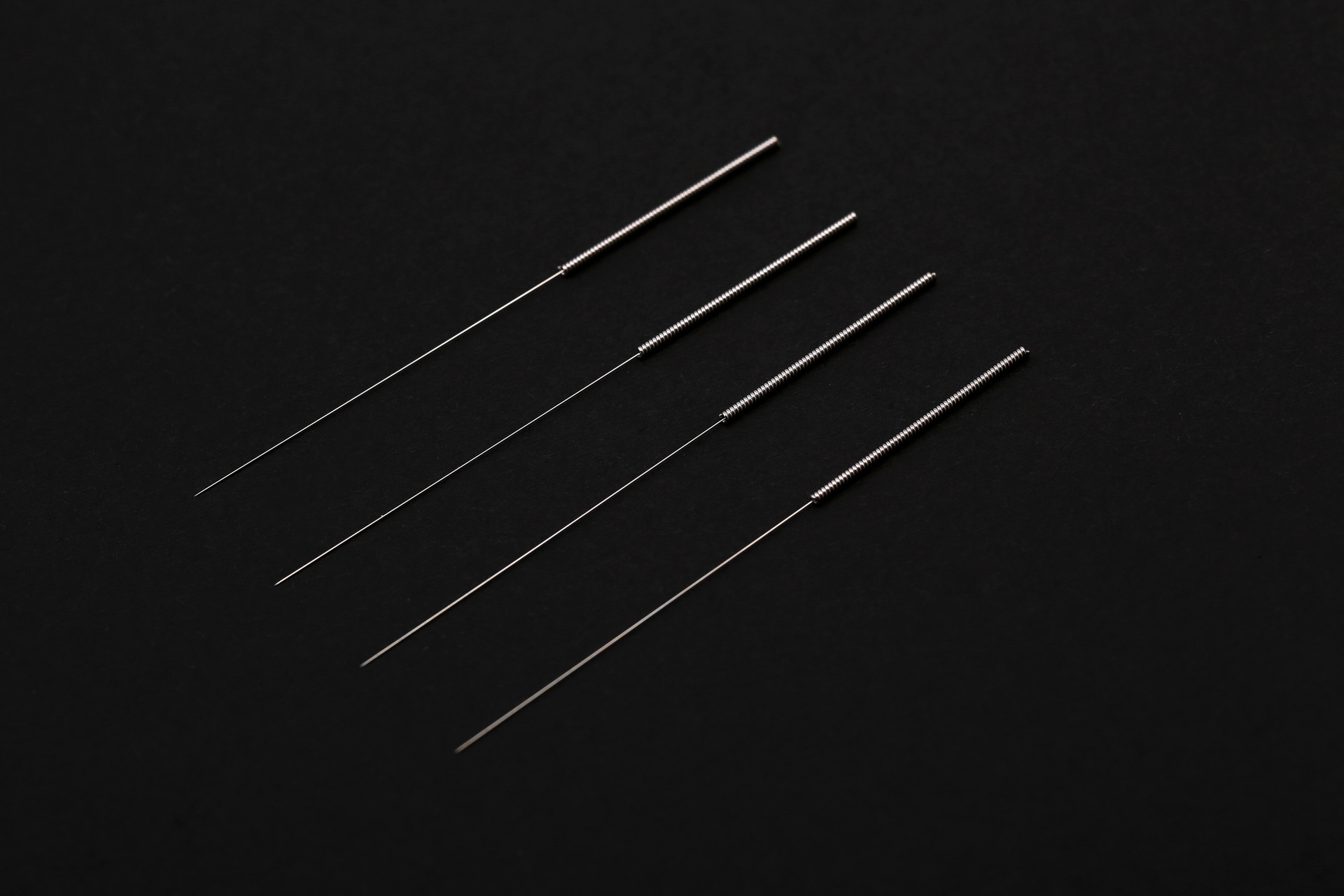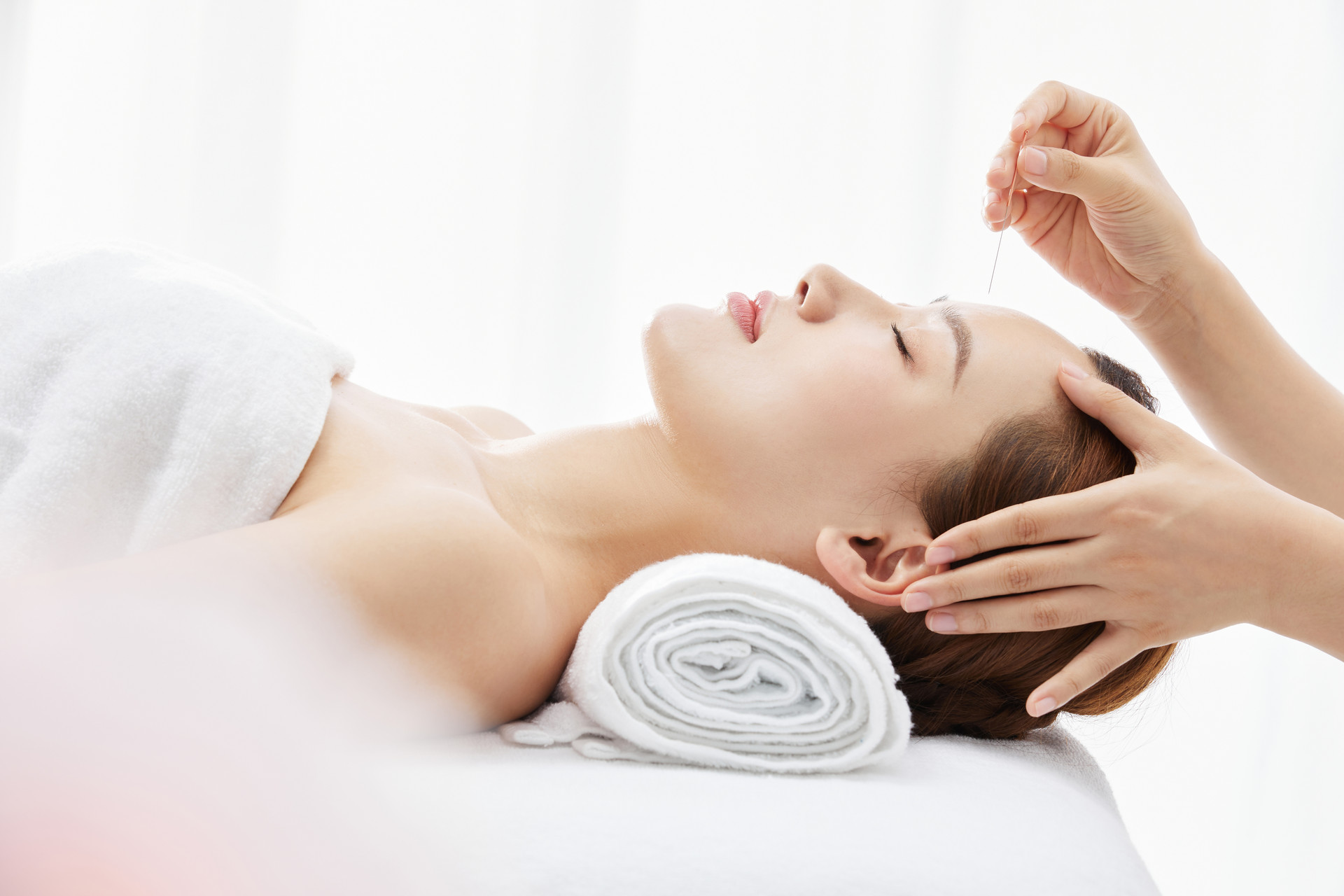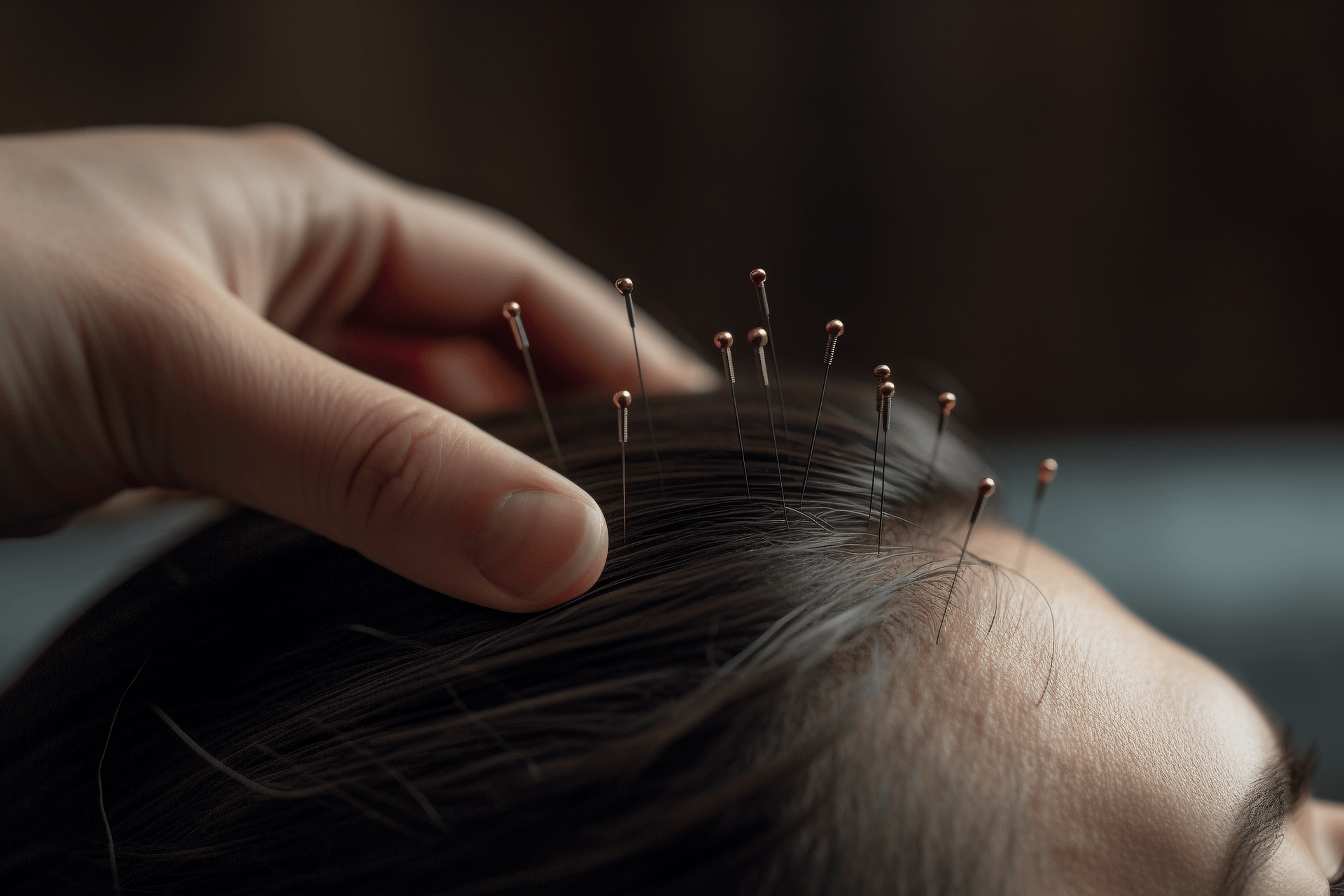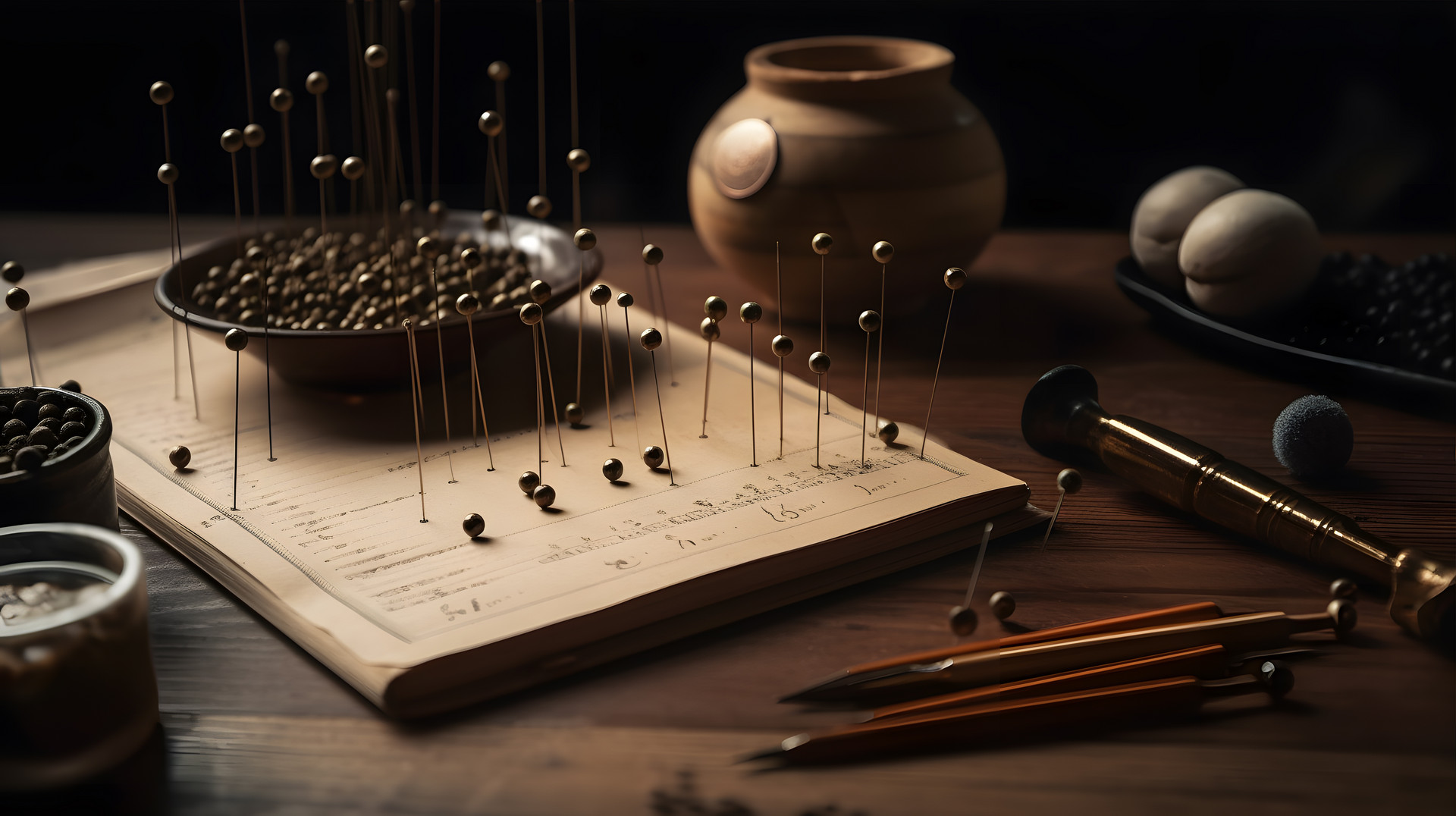After the summer, the amount of rain increases, and the climate becomes damp and cold. The human body is easily invaded by dampness. Traditional Chinese Medicine believes that acupoint moxibustion has a good effect in dispelling dampness and replenishing yang, and can help eliminate internal dampness. Let's learn about the methods of traditional Chinese medicine moxibustion for dispelling dampness below.
Symptoms of excessive dampness in the body
1. Oily face
When dampness invades the body, the hair, face, and other parts of the body will react. The body will become sweaty, the hair will become greasy, and the face will become oily, affecting the overall beauty of the face.
2. Sticky stools
In a healthy person, stools are usually soft and have a moderate shape. If your stools have no shape and are sticky, sticking to the toilet and not flushing away, it means that there is excessive dampness in your body.
People with internal dampness generally have weak spleen and stomach function, and often have symptoms such as indigestion and poor appetite.
3. Poor mental state
Take a look at your own mental state. If you always feel lethargic, lack concentration during the day, and can't get enough sleep no matter how you sleep at night, it may also be a sign of excessive dampness.
Moreover, people with excessive dampness often have symptoms such as dull complexion, swollen eyes, and severe dark circles, giving the impression of aging by ten years.
4. Thick and greasy tongue coating
The most typical symptom of excessive dampness is a thick and greasy tongue coating, and the tongue body becomes fat. To check whether the tongue coating is thick and greasy, it is best to do it in the morning after waking up. Pay attention to whether there are obvious tooth marks on the edge of the tongue.
Acupoint moxibustion for dispelling dampness
1. Zhongwan acupoint
The location of Zhongwan acupoint is in the middle line of the abdomen, about four inches above the navel. Moxibustion at this position can effectively alleviate various stomach problems, such as diarrhea, loose stools, and gastric ulcers, etc.
2. Guanyuan acupoint
The location of Guanyuan acupoint is about three inches below the navel. Moxibustion at Guanyuan acupoint can effectively regulate qi and blood, and it also has a good effect on solidifying essence at Guanyuan.
3. Zusanli acupoint
Zusanli is one of the main acupoints of the "Stomach Meridian of Foot Yangming" and is also an important acupoint for tonifying yang. It is located three inches below the outer knee, on the lateral side of the tibia. Its function is to dry and transform spleen dampness and generate gastric qi.
4. Fenglong acupoint
Fenglong acupoint is located on the outer side of the front of the lower leg, about eight inches above the shoulder of the outer ankle. This is a particularly good acupoint for dispelling dampness and can invigorate the spleen and transform dampness.
5. Jiexi acupoint
Jiexi acupoint is a particularly important acupoint for dispelling phlegm and dampness throughout the body. Moxibustion at this point can effectively solve the problem of lower body edema. It is best to do moxibustion daily.
Traditional Chinese medicine remedies for dispelling dampness
1. Chinese herbal sachet
Ingredients: 15g of Huoxiang, 15g of Aiye, 10g of Chenpi, 15g of Zisu leaves.
Effect: Invigorating the spleen, transforming dampness, dispelling wind and cold.
Method: Grind the above ingredients into small particles, put them in a sachet, and fix it on the collar with a pin. Place it near the pillow when sleeping or in the car to prevent colds. However, it is prohibited for pregnant women and people with allergies.
2. Chinese herbal bath
Ingredients: 20g of Aiye, 20g of Mianyin Chen.
Effect: Warming the meridians, promoting blood circulation, clearing heat, and dispelling dampness.
Method: Cook the above herbs for about 40 minutes, take the decoction when the medicinal water is warm. After a normal bath, repeatedly wipe the body with the decoction, then dry with a towel. There is no need to rinse the remaining medicinal water on the body with warm water. This dosage is for children over 3 years old.
3. Traditional Chinese medicine diet
Baizhu Chenpi Pig Stomach Soup
Ingredients: 10g of Chenpi, 30g of Baizhu, half to one fresh pig stomach, 6g of Shaoren, 5 slices of ginger.
Effect: This soup can invigorate the spleen, stimulate appetite, and is especially suitable for those with abdominal distension, poor appetite, and indigestion.
Method: Wash the pig stomach and blanch it. Put all the ingredients into a pot, add about 2500ml of water, bring to a boil, then simmer for about 1.5 hours on low heat. Remove the pig stomach and cut it into slices, put it back in the pot, and simmer for another 30 minutes. Season and serve.


